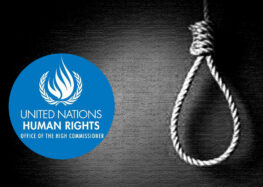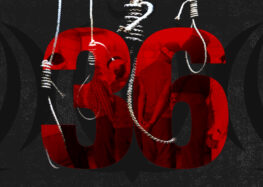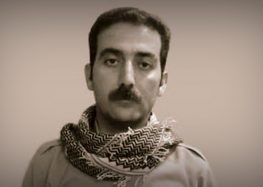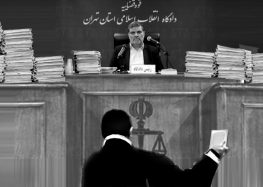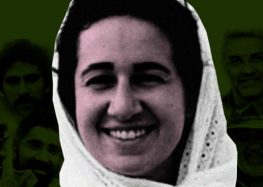Momentum Growing to End Iran’s Death Sentences for Drug Offenses

Fast-Tracked Amendment Pending in Parliament, Must Still be Approved by Guardian Council
On November 23, 2016, Iran’s Parliament agreed to speed up deliberation on an amendment which, if passed, would drastically decrease the number of executions for drug-related crimes.
The proposal will first be debated with top priority in the Legal and Social Affairs Committee and then in a full session of Parliament.
The proposal calls for an amendment to Article 46 of the Law Against Drug Trafficking which would limit the death penalty to “organized drug lords,” “armed trafficking,” “repeat offenders” and “bulk drug distributors” and reduce punishment for minor drug crimes to life imprisonment or less.
Iran has the highest per capita execution rate in the world, and one of the highest absolute numbers of executions carried out annually. Last year more than 1,000 prisoners were executed, the vast majority of them for drug-related crimes.
The United Nations has repeatedly criticized Iran’s use of the death penalty for drug offenses that do not meet the criteria for the “most serious crimes.”
According to Hassan Norouzi, a Member of Parliament who supports the amendment, there are about 5,000 prisoners currently on death row and “90 percent of them are between 20 and 30-years old who are first-time offenders,” the parliamentary news agency ICANA reported on November 23.
The decision to expedite deliberation on the amendment was approved with 147 yes votes. Only 21 opposed and 4 abstained, raising optimism that the number of executions could be sharply reduced, if the amendment is approved by the full Parliament and then the Council of Guardians, the clerical body which must approve all legislation.
“The situation we’re currently facing is that the majority of executions are for drug-trafficking crimes and the Western countries and international organizations are taking political advantage of it. This is extremely costly for our country. Those who are being condemned to death are not traffickers in the true sense. The real traffickers are those who are managing the drug trade from hotels rooms in Ankara and Istanbul,” said MP Ezatollah Yousefian in a debate on the open session of Parliament on November 23.
In recent months, proponents and opponents of Iran’s policy against drug offenders have debated the issue at the highest levels. Judiciary Chief Ayatollah Sadegh Larijani has not only opposed amending laws to reduce executions but also urged executions to be carried out at a faster pace.
“We don’t think that the laws concerning drug trafficking are revelations from God. They are man-made laws that have not had perfect results. But it’s wrong to say that executions have had no effect,” Larijani said on September 29, 2016. “If the Judiciary had not been strict, we would have been in a far worse situation.”
However, the Judiciary Chief’s own brother, Mohammad Javad Larijani, who heads the Judiciary’s Human Rights Council, said on October 8, “I am in favor of changing the law, but that does not mean we should stop the fight against drug-trafficking.”
The Judiciary Chief’s position has been further weakened by the hardline Justice Minister Mostafa Pourmohammadi, who said on October 29, “We are looking to see what punishments can replace executions with greater effectiveness for certain criminals. Of course, the death penalty will still be enforced, but not to the extent we have today.”

